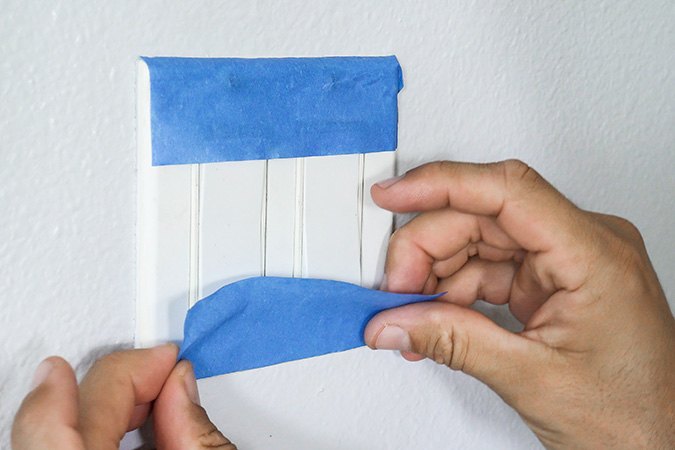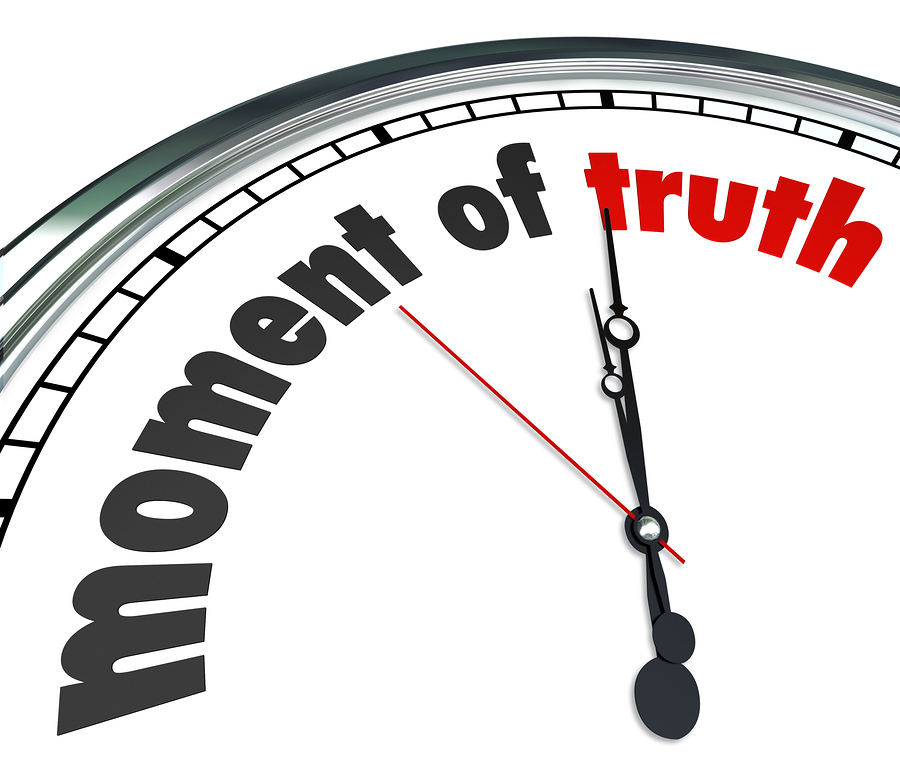When you are preparing for a grid-down scenario, it is far better to realize what works, what doesn’t work, and where you can improve when you’re not in a real survival situation.
So, I recommend you do a prepper challenge: Test how well you can get along without any utilities. This means no electricity, no municipal water, no utility heating or air conditioning—nothing that you can’t provide for yourself, as if you suddenly lost all utilities. This is also sometimes called a Grid-Down Scenario.

The time to learn that your preps are inadequate is before the power goes out for real. Since this is only an exercise, you can stop at any time, if needed.
Here are some suggestions for your test:
- Choose a weekend, and schedule your grid-down test. Let your family know when it’s going to be—for example, from Friday night to Sunday evening. Run this test for as long as you can, but if you find out partway through the challenge that you’re having extreme hardships, then end it.
- Go to the store and buy some painter’s tape. Tape all of your light switches in the off position. We are so accustomed to flipping on the switch when we enter a dark room, that it’s easy to accidentally turn on lights, which ruins the illusion that you have no grid power. If you can safely do so, throw the circuit breakers for everything except your refrigerator and freezer. You can use any alternative power that you have.
- Some houses have a shut-off valve that turns off the water to the entire house. Turn this off so that the toilets don’t refill after use and no water is running in the house.
- Turn off your cell phones and unplug all landline phones that you may have so they cannot receive phone calls (or just shut off the ringer).
- You can use any device that has a battery (laptops, tablets, radios, etc.), but recharging it has to be from your alternative-energy source only.
- Try to use as many of your preps as possible. This weekend is about testing your preparedness plan and making sure that you can continue to live as comfortably and normally as possible without basic public services and utilities. You should use this opportunity to test anything that you haven’t tested yet.
- No cheating during this challenge. Some of the things you’ll need to do aren’t pretty or fun, but you won’t learn how to do them better unless you actually do them. You can only take “theory” so far.
- Have paper and pencil ready at all times to make a note every time you come across something that you could do better. Try to be as descriptive as possible, so that when you go over your notes later, you don’t have to try and figure out what you meant when you wrote, “Dog bone remover.”
- As you are using your preps, keep asking yourself how this solution would work over the long term. What you’re looking for is to make sure that the solutions you’ve chosen will provide you with service for at least a year of hard use, if not longer. If any of your prep items fail during this weekend prepper challenge, that’s a good indicator that you need to find another solution.
_______________________
This is an updated version of an article that was originally published on October 3, 2013.
Rob Hanus is the author of “The Preparedness Capability Checklist: A Planning and Evaluation Tool for Becoming More Self-Reliant,” an easy-to-read book that offers the absolute best method for intelligent and deliberate prepping. Rob is also host of the Preparedness Podcast.
The Grow Network is a participant in the Amazon Services LLC Associates Program, an affiliate program designed to provide a means for our team to earn fees for recommending our favorite products! We may earn a small commission, at no additional cost to you, should you purchase an item after clicking one of our links. Thanks for supporting TGN!

The Grow Network is a global network of people who produce their own food and medicine. We’re the coolest bunch of backyard researchers on Earth! We’re constantly sharing, discovering, and working together to test new paths for sustainable living—while reconnecting with the “old ways” that are slipping away in our modern world. We value soil, water, sunlight, simplicity, sustainability, usefulness, and freedom. We strive to produce, prepare, and preserve our own food and medicine, and we hope you do, too!








COMMENTS(0)
Just wanted to add that anytime you shut off the water to your house, you should turn off the breaker for the water heater also, or set to lower temp for propane. Burning up an element because someone forgot the water wasn’t on is a pain in the bum.
Good point Diane.
😀 Our electricity is 100% solar. It’s a tiny system – we use a fraction of what the typical North American household uses. We still rely a lot on candles and flashlights, and we’ve become very accustomed to just not turning on lights at times. There was a learning curve! The solar power runs our LED lights, modem, laptops and cell phones.
Our washing water comes from our well, which is gravity fed – no power needed to get it to us. We haul our drinking water from a local spring because our well water tested positive for E. coli.
Our heat comes from a wood stove, and our cooling comes from opening the windows.
In a grid down situation, you can’t make an exception for your fridge and freezer. We don’t have either. We are tossing around the pros and cons of replacing one dead propane fridge with another, but I do consider propane to be grid-tied. I’d hate to be relying on it and have my tank run dry when no one can get me more fuel.
We don’t have a flushing toilet, but we will be getting a no water, no electricity composting toilet soon. Our current bucket system took a while to get used to.
For anyone doing a grid down practice weekend, you’ll likely find it rough. We’ve been living this way for two years, so it’s definitely possible. 😀